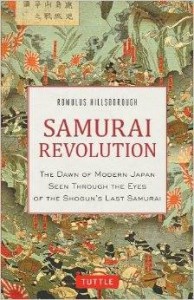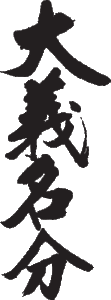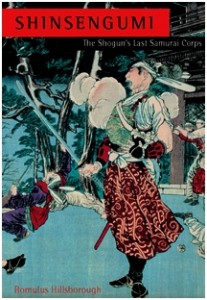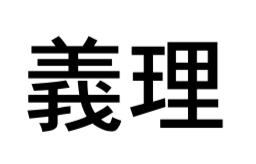
Mitogaku (水戸学): An ultra-nationalistic school of thought that originated in the Mito domain during the 17th century. It has been translated by Marius Jansen (The Making of Modern Japan) as “Mito scholarship”; but from its union of mythology and religion with government and politics, and the fervor by which it was embraced by Imperial Loyalists throughout Japan, I think that “Mitoism” is a more suitable translation. Either way, it was the cornerstone of Imperial Loyalism and the foundation of the samurai revolution at the dawn of modern Japan, generally known the Meiji Restoration.
Key Japanese Words in Romulus Hillsborough’s Books: (1)
Key Japanese Words in Romulus Hillsborough’s Books: (2)
Key Japanese Words in Romulus Hillsborough’s Books: (3)
Key Japanese Words in Romulus Hillsborough’s Books (4)
Read more about the philosophy behind the Meiji Restoration in Samurai Revolution.






